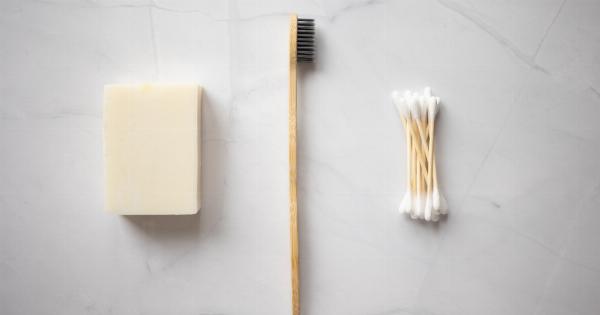When it comes to maintaining optimal oral health, preventive care is key. Regular dental check-ups, proper oral hygiene practices, and a nutritious diet all play crucial roles in keeping your teeth and gums healthy.
However, sometimes additional measures are necessary to protect your teeth from decay. That’s where dental sealants come in.
What Are Dental Sealants?
Dental sealants are thin, protective coatings applied to the chewing surfaces of your back teeth. The molars and premolars have deep crevices and grooves, making them more vulnerable to cavities.
Sealants act as a barrier, shielding these vulnerable areas from food particles, plaque, and acid attacks.
The Application Process
Getting a dental sealant is a painless and straightforward procedure that typically takes only a few minutes. Here’s what you can expect:.
1. Cleaning the Teeth
Before the sealant application, your dentist will thoroughly clean the teeth that are to be sealed. This cleaning ensures that no food particles or plaque are trapped beneath the sealant, promoting its effectiveness.
2. Tooth Preparation
Next, your dentist will apply a mild acid solution to your teeth’s chewing surfaces. This solution roughens the enamel, ensuring that the sealant bonds securely to the teeth.
3. Sealant Application
Once the teeth are prepared, your dentist will apply the dental sealant onto the chewing surfaces. The sealant is a liquid material that quickly hardens when exposed to a special curing light.
4. Bonding and Drying
After applying the sealant, your dentist will use the curing light to bond and dry the material. This process typically takes only a few seconds per tooth.
5. Evaluation and Polishing
Once the sealant has hardened, your dentist will evaluate its thickness and ensure it has properly covered all the deep grooves and crevices. If necessary, they may add more sealant and repeat the bonding and drying process.
Finally, your dentist will polish the sealant for a smooth and comfortable finish.
Benefits of Dental Sealants
Dental sealants offer numerous benefits in preventing tooth decay and maintaining optimal oral health. Here are a few advantages:.
1. Cavities Prevention
The main purpose of dental sealants is to prevent cavities. By creating a barrier over vulnerable areas of your teeth, sealants reduce the risk of decay and subsequent fillings or more extensive dental treatments.
2. Smoother Chewing Surfaces
The application of dental sealants smooths out the chewing surfaces of your teeth, making it easier to clean them thoroughly. The absence of deep grooves and crevices makes it more difficult for food particles and plaque to accumulate.
3. Long-Term Protection
Dental sealants are durable and can last for several years with proper care. Regular dental check-ups will include an evaluation of the sealants to ensure they remain intact and effective.
4. Cost-Effective Solution
Investing in dental sealants can save you money in the long run. By preventing cavities and the need for extensive dental treatments, sealants prove to be a cost-effective preventive measure.
Aftercare and Maintenance
Although dental sealants provide excellent protection, they still require proper care and maintenance. Here are a few essential aftercare tips:.
1. Maintain Good Oral Hygiene
Continue following a regular oral hygiene routine of brushing twice a day and flossing once daily. Proper oral care will ensure that the sealants remain clean and effective.
2. Avoid Chewing Ice or Hard Foods
Sealants are durable, but they can still be damaged by excessive force. Avoid chewing on hard foods or ice to prevent any potential damage to the sealant.
3. Attend Regular Dental Check-Ups
Regular dental visits are vital for evaluating the condition of your sealants and overall oral health. Your dentist will monitor the sealants and address any concerns or necessary touch-ups.
4. Replace Damaged Sealants
If a sealant becomes damaged or wears off, contact your dentist to have it replaced promptly. Prompt action will ensure continuous protection against cavities.
Conclusion
Dental sealants provide a simple yet effective way to prevent tooth decay and protect your oral health. By applying a thin, plastic coating to the chewing surfaces of your back teeth, sealants act as a barrier against decay-causing factors.
With a painless application process and long-lasting results, dental sealants are a valuable investment in your oral health.



























